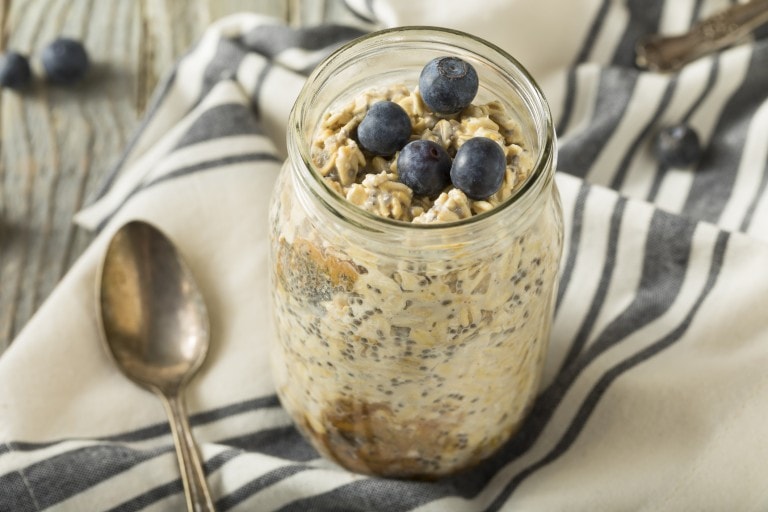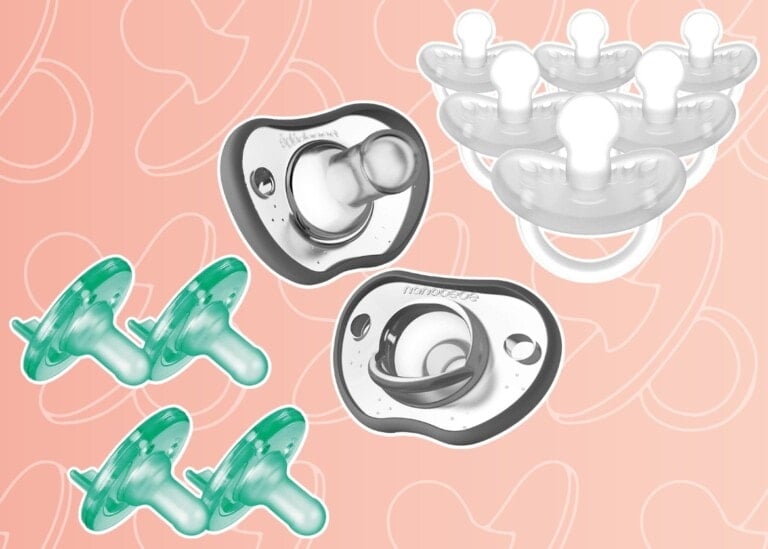One of the most frequent questions I receive is about medications and breastfeeding. As breastfeeding mothers, we are always considering how our food, drink, and medication intake might affect our growing child. Thankfully, in the vast majority of cases, you can take medication when breastfeeding or there will be a suitable alternative. You would rarely have to stop breastfeeding or “pump and dump” because of a medication. As Hale states, most drugs are safe to take for breastfeeding mothers.1
So often, women are told by their healthcare professionals that they have to temporarily stop breastfeeding their child because of a medication they’ve been prescribed. Virtually every medication in existence will say, “Do not take if pregnant or breastfeeding,” which is a standard general recommendation on all packaging. However, look at the research and understand how a medication is transferred by the mother and absorbed by the baby. You can see why most medications are okay to take while breastfeeding as long as your healthcare provider agrees.
On rare occasions (one example, a woman taking chemotherapy drugs), a woman would have to discontinue breastfeeding. Some of the different factors to consider about the medication itself and your breastfeeding child include:
- the relative infant dose (how much the baby will be exposed to)
- whether your baby is full-term, premature, or unwell
- how old your baby is
- how much milk they are getting within a 24-hour period
- the medication’s properties (half-life, protein binding, oral bioavailability, and molecular weight)
Common Medications and Breastfeeding
Decongestants
In some cases, a decongestant or antihistamine temporarily decreases your supply. This is due to the nature of this type of medication, which constricts the blood vessels and reduces blood flow to the breasts. However, not everyone will notice a decrease because of this. If your milk supply is well established and your feeding is going well, you may have no reaction. If you do notice a bit of a decrease, then just stop taking the medication.
Antibiotics
You can continue to breastfeed when taking antibiotics. However, you might notice that your baby has some digestive upset (loose stool, for example) from the medication. Taking probiotics during the course and for a few months after you have finished your medication is important. The good bacteria from the probiotics will go through your milk. It can help your baby, too, if they have some digestive side effects. It is also very beneficial to eat and drink fermented and cultured foods filled with good bacteria. Try to incorporate these into your diet every day.
Pain Medication
Over-the-counter pain medications are usually compatible with breastfeeding. However, if you are taking opioid pain medications, it’s important to seek advice as it will depend on the amount of medication you take (the dose), the length of time you’ll be taking it, and how old your baby is. The use of opioids following a cesarean section is generally safe. This will be short-term and a smaller dose with a very small volume of milk that baby is getting since it’s mostly colostrum. However, if you will be taking opioids for longer-term and breastfeeding a premature or sick baby, it might not be compatible with breastfeeding. There will likely be an alternative that will be a better option for you and your baby.
Remember, in most cases, the benefits of continuing to breastfeed outweigh any possible side effects from a medication. If your doctor or pharmacist has told you not to breastfeed when taking a medication, it’s also important to seek advice from an International Board Certified Lactation Consultant (IBCLC). Also, refer to respected resources such as Hale’s Medications and Mother’s Milk, which will help you make an informed decision. It is not uncommon for women to be told they cannot breastfeed when, in most cases, they can!
This article is for general information purposes only. Always seek the advice of your doctor, lactation consultant, or IBCLC when taking medication while breastfeeding.





























